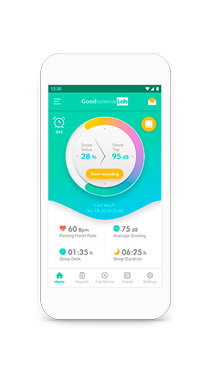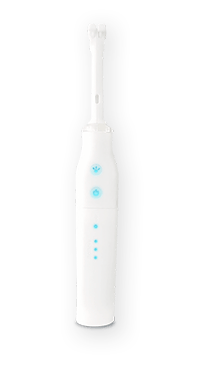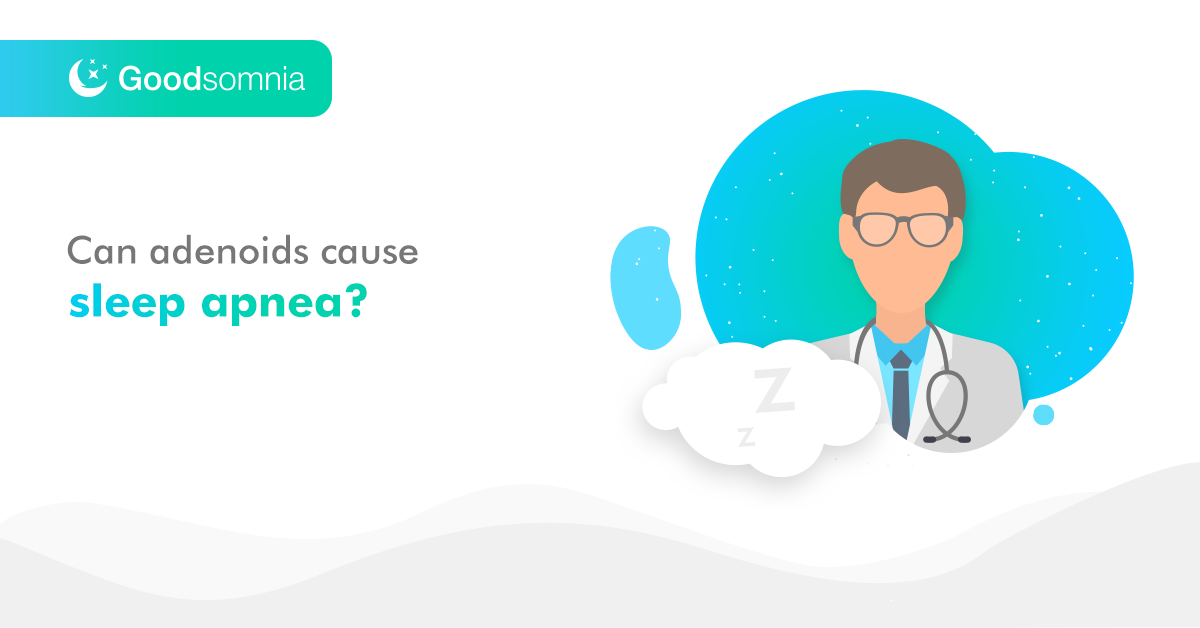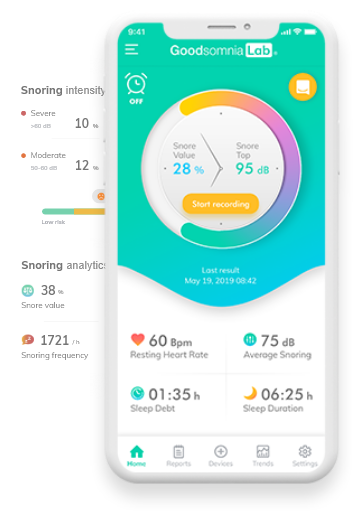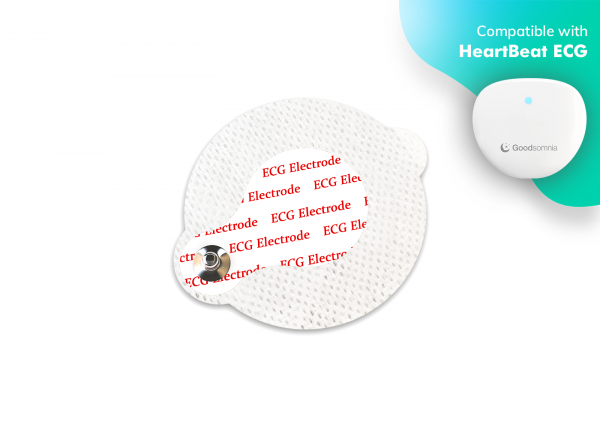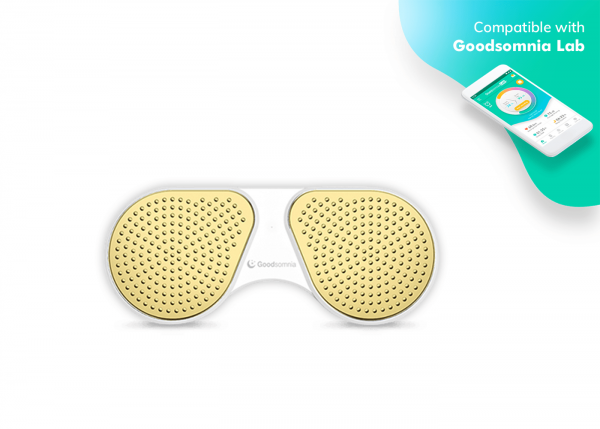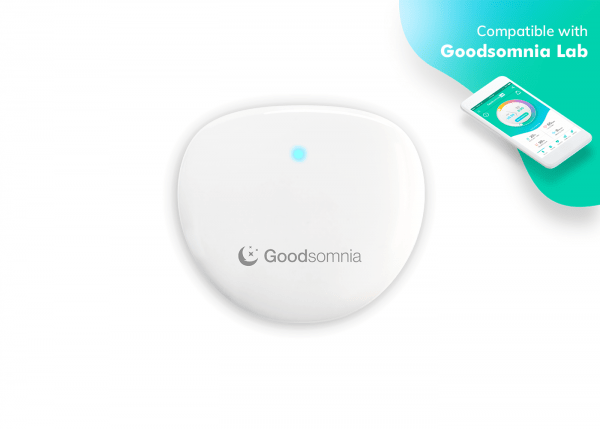Enlarged tonsils or adenoids are a popular condition among children. They complicate breathing, promote snoring and can further grow into a serious disorder like sleep apnea. If you or your friends question yourself ‘Can adenoids cause sleep apnea in adults too?’, be aware they can. Cases of having adenoids and sleep apnea in adults are less frequent but work under the same principles as in children.
The immune system of a grown-up person is stronger than a child’s, however, infections affect people of different age. Inflamed glands grow bigger, narrowing the space for normal flow of air through your nose (adenoids) or throat (tonsils). You feel discomfort all day and can’t get a normal rest during the night.
The common symptoms include snoring, interrupted breathing during sleep, breathing preferably through the mouth, restless sleep, regular waking, bedwetting, complicated swallowing, frequent colds, etc. Being caused by enlarged tonsils or adenoids, snoring and sleep apnea create the risk of developing heart disease and even type 2 diabetes.
Breathing is one of the key sources of energy for our bodies. Sleep is the main time for renewing energy. This chain connection urges to do our best for the better quality of our nighttime. One of the options to do so is removing tonsils and adenoids in adults for sleep apnea.
Will removing tonsils and adenoids help sleep apnea?
Sleep apnea develops when your airways are constantly blocked at night. Surgery is not the only option but it’s definitely the most effective. Removing adenoids for sleep apnea eliminates the core of the problem.
The function of those glands is to produce antibodies to fight infections. They are very important during the first years of our lives. But later, the body becomes stronger and can fight infections using other channels. Thus, a nose or throat operation for sleep apnea brings little to no harm to the body. You should remember that sleep apnea differs from one to another. the best way to solve the problem is consulting a specialist.
Sleep apnea after tonsils/adenoids are removed can be treated faster and easier. Yet, invasive treatment is sometimes associated with some risks and contraindications. Let’s discover both sides of sleep apnea surgeries.
Pros and cons of sleep apnea operation
Medical invasion is relatively safe when you have enlarged tonsils or adenoids. However, other types of sleep apnea surgeries can be riskier and less efficient. Researching about sleep apnea operation pros and cons will enable you to find a lot of useful information.
First of all, surgery requires additional pre-examination (identifying reactions on anesthesia, blood clotting monitoring…). Secondly, it’s been observed that patients after a sleep apnea operation deal with some side effects like problem swallowing, local pain, dryness, changed voice, etc. Thirdly, some patients have reported the return of the snore after a while.
So, obstructive sleep apnea operation should be a well-balanced decision made after detailed monitoring of body reactions, thorough examination, and consultation with a physician.

